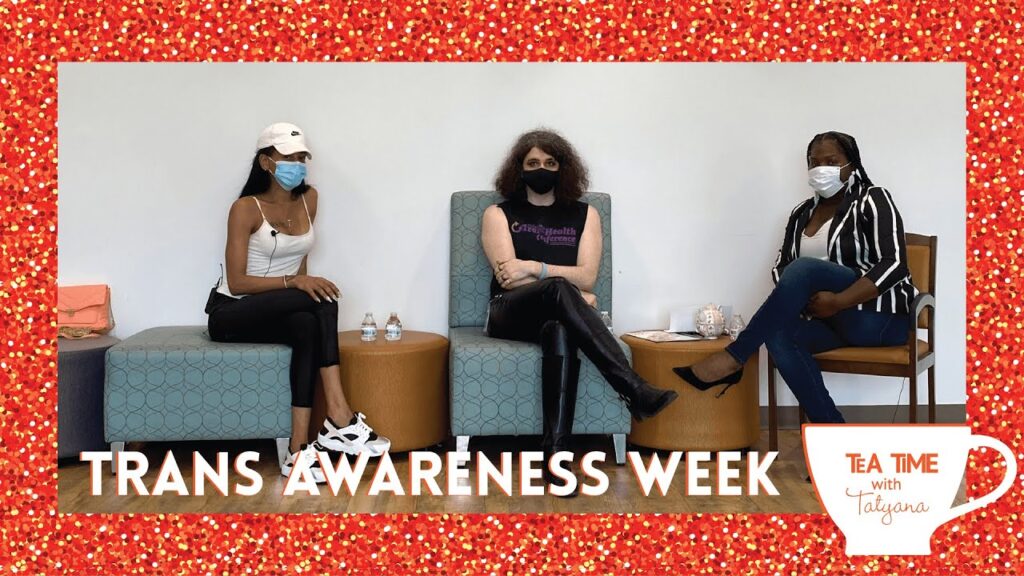When national tragedy strikes, gay and bisexual men are denied the right to help our community due to outdated restrictions on blood donations that prevent us from participating in this vital community service.
Last week the Red Cross sounded the alarm, alerting the nation about the worst blood shortage in more than a decade. Due to the pandemic, blood is in such dangerously low supply that some hospitals have been forced to postpone significant surgeries, including organ transplants. Leaders called for more blood donations, for all communities to do their part and donate to save lives.
Except for gay men, who are still told, “But not you.”
Despite society’s scientific advancements, some people are still seen as vectors of disease. Or undeserving of answering the call to help in this moment of crisis. Because of who we are, whom we love.
Forty years into the HIV/AIDS crisis, science has made it possible to ensure the safety of our blood supply. International health guidelines require all blood products to be tested for viruses such as HIV, and in most countries, rigorous testing procedures are in place. During the screening process, any blood products that contain HIV, hepatitis B, hepatitis C, or syphilis are disposed of before entering the blood supply chain. Today, the risk for acquiring HIV infection through blood transfusion is estimated conservatively to be one in 1.5 million (based on 2007-08 data).
Yet current Food and Drug Administration guidance, updated in April 2020, does not reflect these realities. To be eligible to donate blood in the United States, men who have sex with men must abstain from same-sex sexual activity for 90 days.
This is a policy that’s time has come and gone. The FDA’s continued restrictions on blood donations from men who have sex with men send a message that, despite everything we know about science, some of us are not equal.







